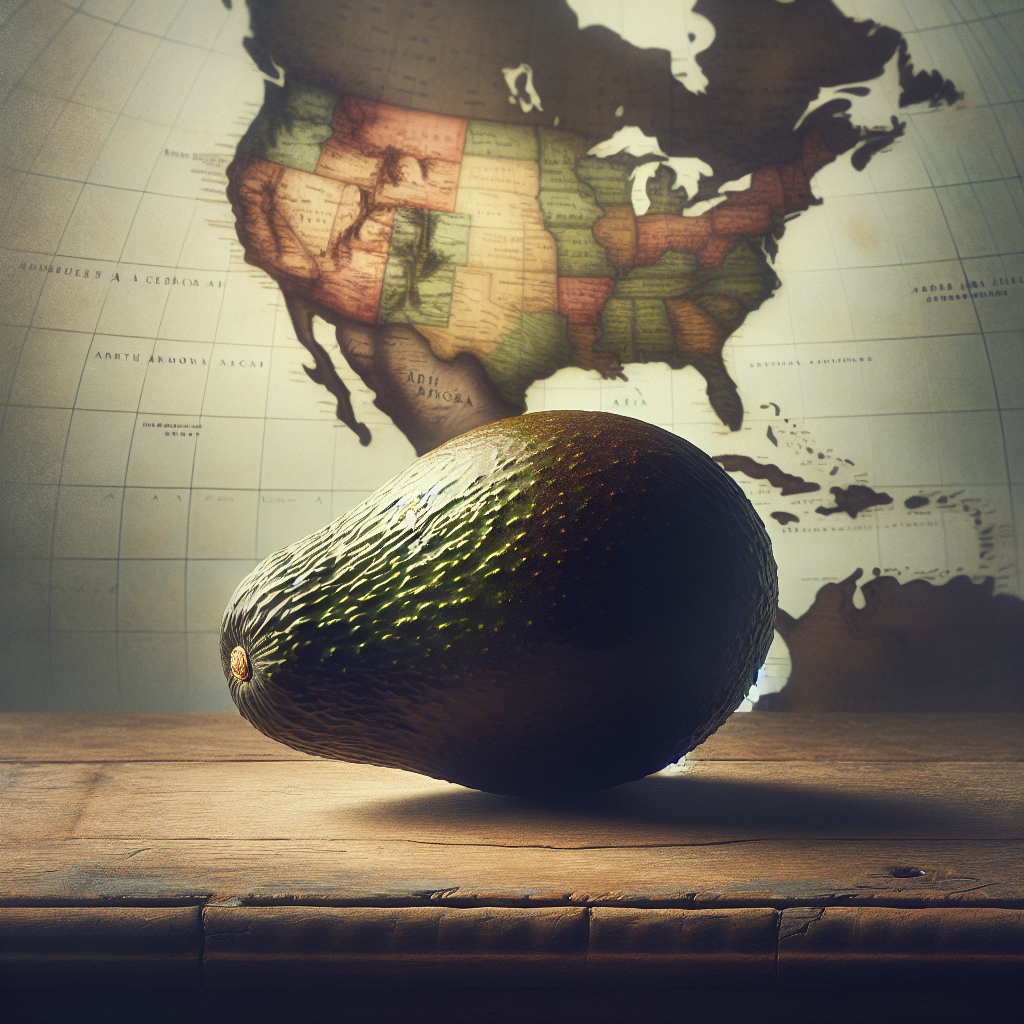When two US avocado inspectors were assaulted and detained at a police roadblock in Michoacán, Mexico last month, it ignited a costly international crisis. The US subsequently paused all avocado imports from the state for over a week, resulting in Mexican growers losing tens of millions of dollars and causing the price of a carton of avocados in the US to spike by 40%, according to RaboResearch Food & Agribusiness.
Weeks later, after negotiations between diplomats and agricultural officials from both countries established new security guidelines, the cross-border trade resumed its pace. The US Department of Agriculture reported that export levels returned to normal at the beginning of July.
The incident highlights the fragile nature of the avocado industry in Michoacán, a region plagued by cartel violence and corruption. US and Mexican officials are now considering changes to the inspection processes to ensure the safe passage of avocados to meet the growing demand, with calls for increased oversight.
Avocados, dubbed “green gold,” are a lucrative business. Of the 2.7 million metric tons of avocados grown in Mexico last year, 81% were exported to the US, amounting to $2.7 billion. Michoacán produces nearly three-quarters of these avocados, but the region is also a hotspot for criminal activities.
Research from the Global Initiative Against Transnational Organized Crime indicates that the growth of the avocado market in Michoacán has been closely linked with violent groups and corrupt officials. Criminal organizations engage in illegal logging and land clearance, often bribing officials to legalize these activities. An academic article cited by the report claims that 80% of avocado orchards in Michoacán were established through illegal means.
Cartels frequently extort avocado producers through protection schemes, and local police forces sometimes offer their services as security for a fee. Heavily armed militias known as “autodefensa” groups have also emerged to protect farms.
Following the attack on the inspectors, Mexican officials were quick to minimize the incident, stating it was nonviolent and unrelated to organized crime. The inspectors, employed by the USDA Animal and Plant Health Inspection Service and of Mexican nationality, were stopped by police officers protesting a pay issue, according to Michoacán Governor Alfredo Ramírez Bedolla. However, US Ambassador to Mexico Ken Salazar reported that the men were assaulted. The Michoacán state prosecutor’s office is investigating.
Since the US began importing avocados from Michoacán in 1997, USDA inspectors have been required to ensure that the avocados are free of pests. This inspection role leaves the inspectors exposed to corruption and violence, as seen in the 2022 incident where exports were temporarily halted after a US inspector received a threatening phone call.
In the wake of these events, Mexican leaders have proposed changing the bilateral trade agreement to allow the Mexican government to oversee inspections. Mexican President Andres Manuel Lopez Obrador criticized the US decision to halt exports as “arrogance.” Mexican Agriculture Minister Victor Villalobos stated that the Mexican government is prepared to take over inspections to prevent export disruptions.
However, the idea has met resistance. Ken Melban, vice president for industry affairs at the California Avocado Commission, argued that allowing Mexico to handle inspections would compromise the integrity of certifications for pest-free avocados. Melban expressed concerns that US farmers’ economic interests would not be protected under such a program.
US and Mexican officials have also revisited discussions about blocking the export of avocados grown on illegally cleared lands. The executive director of Climate Rights International, Brad Adams, highlighted the widespread deforestation linked to avocado farming and urged for a policy change. Despite support from leaders in both countries, no legal mechanism has been implemented to address this issue. The USDA, in response to senators advocating for the change, noted that their inspectors lack the regulatory authority to enforce such measures and emphasized ongoing training and technical assistance efforts.
